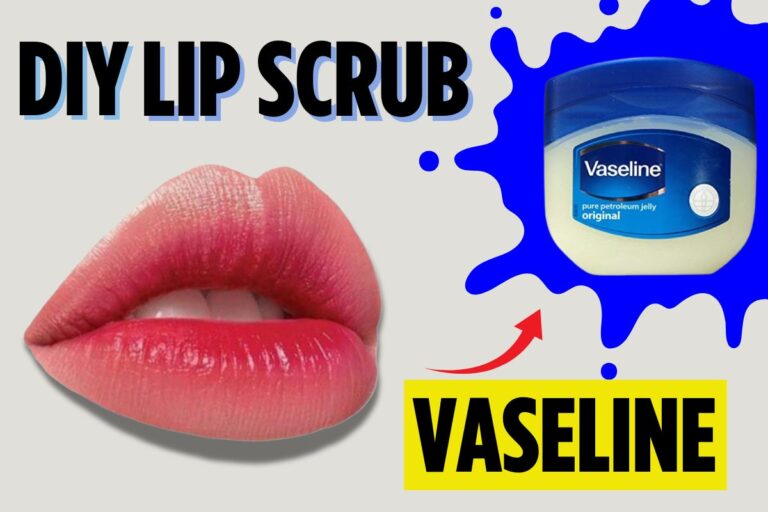In a modern, competitive book society, crafting an awesome book is half the battle. Getting it into the hands of readers? That’s where book marketing comes in. You’re an upstart indie writer or a seasoned publisher – marketing can make or break your book’s success.
You might wonder: Do I pay for book marketing practices or do it myself? In this comprehensive guide, we’ll break down the pros and cons, show you the positives and negatives, and walk you through deciding what route works best for your goals, budget, and skill set.
Let’s get into the ins and outs of hiring pros versus doing it yourself—backed by insights, real-world examples, and pro advice.
What Are Book Marketing Practices?
Book marketing practices are professional services offered by companies or individuals to assist writers in promoting and selling books. They typically include:
- Media outreach and press release distribution
- Planning and carrying out the book launch
- Amazon and Goodreads optimisation
- Email marketing and list building
- Social media managementInfluencer and blogger outreach
- Paid advertising (Facebook, Amazon, Google)
- Book trailers and promotional materials
Most ebook marketing practices and book marketing companies have individualised genre, budget, and goal customisation packages. Some even have marketing services near me for local campaigns.
Why Hire a Professional? Marketing companies can provide industry contacts, years of experience, and statistical data that an individual author cannot.
What is DIY Book Marketing?
DIY marketing is all about self-direction. You’re the one who plans, designs, and executes it. It may involve:
- Building your author platform (website, blog, email list)
- Reaching out to book bloggers and book influencers
- Building social media campaigns
- Placing your own Amazon ads
- Hosting book launch parties
- Building your own promo materials
- Pitching media and podcasts
DIY marketing is cheap and allows for full creative control. However, it consumes a lot of time, energy, and has a steep learning curve.
The Pros and Cons of Book Marketing Practices
Pros
1. Expertise and Knowledge
Trained book marketing companies understand market trends, platforms, and consumer behaviour. They are aware of what works and what doesn’t—saving you the cost of expensive mistakes.
2. Time-Controlling
You can write and connect with your fans while the experts handle the promotional load.
3. Access to Networks
Book marketing firms have media contacts, influencer relationships, and review lists that are hard to build independently.
4. Data-Driven Strategies
From targeted Facebook ads to Amazon SEO, marketing services utilise data to perfect campaigns and improve ROI.
Cons
1. Cost
Professional marketing isn’t cheap. Packages range from a few hundred dollars to several thousand dollars, depending on size and duration.
2. No Guaranteed Results
Even top companies can’t make books bestsellers. Marketing books is competitive, and success depends on a range of variables.
3. Less Control
You may have less control over the creative direction, tone, or message of the campaign.
The DIY Book Marketing: Pros and Cons
Pros
1. Low Cost
DIY marketing suits writers with limited budgets. A number of effective tactics—like social media, blogging, and email networks—are free or inexpensive.
2. Creative Freedom
You decide the messaging, tone, and strategy. Your brand stays authentic and personal.
3. Skill Development
You’ll gain valuable marketing and entrepreneurial skills that can benefit your long-term author career.
Cons
1. Time-Intensive
DIY marketing can feel like a second full-time job. Planning campaigns, creating content, and tracking results takes significant effort.
2. Steep Learning Curve
From SEO to ad bidding, there’s a lot to learn. Mistakes can be costly in both time and money.
3. Low Visibility
Without databases or paid tools, your visibility will be low, especially during launch times.
Case Study: Indie Author Success with DIY Marketing
Author: Sarah Bennett
Book: Whispers Between the Pages (Fantasy)
Sarah built a blog and email list before publishing the book. She contacted Goodreads groups, gave ARCs to bloggers, and did a series of Instagram contests.
Results:
- Sold 2,000+ copies in the first 60 days
- Gained 1,500 newsletter subscribers to its newsletter
- Featured on specialist fantasy podcasts
What Worked: Grassroots outreach, social media marketing, and targeted social media content.
Case Study: Driven Sales With a Book Marketing Agency
Author: James O’Neill
Book: From Startup to Empire (Business/Nonfiction)
Marketing Partner: Smith & Brown Book Marketing Practices
The agency maximised James’s Amazon page, ran LinkedIn ads, arranged for podcast interviews, and secured a spread within Entrepreneur magazine.
Results:
- Over 5,000 units sold within three months
- Shown on 20+ business podcasts
- The book was #3 in the category on Amazon
What Worked: Ad targeting, media buys, campaign timing.
The Right Way: Choosing a Path to Ask Yourself
When considering DIY vs. hiring book marketing practices, ask yourself:
- What’s my budget?
Can I afford professional help myself, or would it make me too lean?
- How much time can I commit?
DIY marketing takes daily upkeep and future thinking.
- What’s my marketing know-how?
Am I comfortable advertising, designing graphics, and selling media?
- What are my publishing goals?
Do I want long-term brand building or a short-term boost in sales?
- Am I publishing a series or a single title?
For authors who are writing in a series, investing money in marketing can have compounded returns.
Conclusion: Which Book Marketing Strategy Works Best?
There’s no one answer.
Choose book marketing practices if you want professional guidance, broader exposure, and faster results—and are willing to invest in your author career.
Choose DIY if you’re pinching pennies, like learning on the job, and prefer to maintain all control over the details of your brand and outreach.
For most authors, the ideal choice is a hybrid solution—starting with DIY measures and introducing professional assistance gradually as your budget and platform grow.
Keep in mind, your book is valuable enough to be read. Either you outsource or do it yourself, smart marketing will get it into the hands of the readers who will utilise it most.
FAQs
Are book marketing practices worth the investment?
If you’ve got the money and no marketing expertise, they can launch your book to high visibility and sales. Choose a company that has a successful track record in your category of books.
Can I use combinations of DIY and professional services?
Yes. A majority of authors accomplish a few things (like social networking) internally and contract out ads or media contacts.
How do I find good book marketing companies?
Search for reviews, testimonials, and case studies. Find companies that specialise in your genre and are happy to disclose pricing and deliverables.
Are there any book marketing practices that are low-cost or free?
Yes—some platforms like Reedsy include a little bit of free listing, and programs like MailerLite, Canva, and BookFunnel offer low-cost do-it-yourself alternatives.





